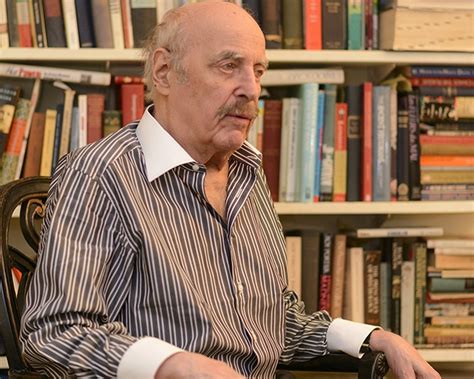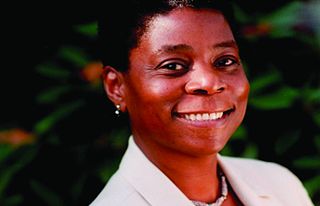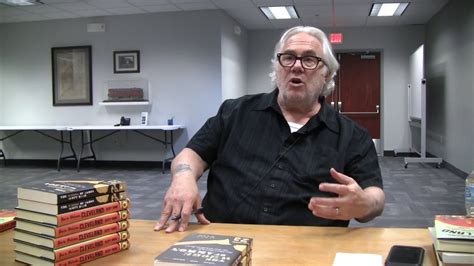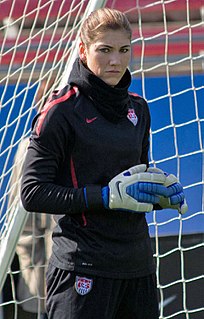A Quote by Said Sayrafiezadeh
The difference between our family and other poor families was that my mother actively chose to be poor. She was highly literate, and she had a college degree, but after my father left, she took the first secretarial job she could find and never looked for other employment again.
Related Quotes
Other families who are poor do what they can to get out of it. My mother did not. She did not utilise her resources. She had a degree. There was something she could have done, but she actively, purposely refused that so we could have this absolutely authentic experience of the worst of capitalism: 'See? Look how bad capitalism is.'
After my mother died, I learned that she'd had a scholarship to the University of Nebraska, but - in kind of a tradition that females don't do things like that - her father prevented her from going. She always said that she wasn't allowed to go to college, but until she died, I never knew that she'd had this scholarship.
The American dream is not a sprint, or even a marathon, but a relay. Our families don't always cross the finish line in the span of one generation. But each generation passes on to the next the fruits of their labor. My grandmother never owned a house. She cleaned other people's houses so she could afford to rent her own. But she saw her daughter become the first in her family to graduate from college. And my mother fought hard for civil rights so that instead of a mop, I could hold this microphone.
...she could express her soul with that voice, whenver I listened to her I felt my life meant more than mere biology...she could really hear, she understood structure and she could analyze exactly what it was about a piece of music that had to be rendered just so...she was a very emotional person, Annette. She brought that out in other people. After she died I don't think I ever really felt anything again.
She had been ready to love this man from the moment she first saw him. In all these years, that had never changed. They'd hurt each other, let each other down, and yet, here they were after everything, together. She needed him now, needed him to remind her that she was live, that she wasn't alone, that she hadn't lost everything.
I suppose she chose me because she knew my name; as I read the alphabet a faint line appeared between her eyebrows, and after making me read most of My First Reader and the stock-market quotations from The Mobile Register aloud, she discovered that I was literate and looked at me with more than faint distaste. Miss Caroline told me to tell my father not to teach me any more, it would interfere with my reading.
...fact was she knew more about them than she knew about herself, having never had the map to discover what she was like. Could she sing? (Was it nice to hear when she did?) Was she pretty? Was she a good friend? Could she have been a loving mother? A faithful wife? Have I got a sister and does she favor me? If my mother knew me would she like me? (140)
My mother worked at the telephone company during the day and sold Tupperware at night. Evenings, she took classes when she could at University of Maryland's University College, bringing me along to do homework while she studied to get the degree she hoped would offer her and me greater opportunities.





































